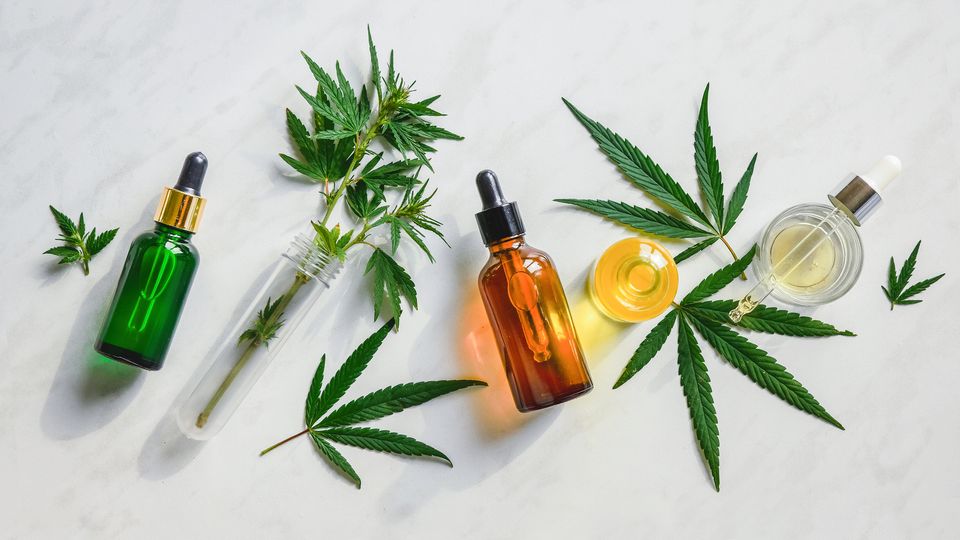In recent years, the growing interest in Dabwoods and its potential therapeutic benefits has led to a surge in the popularity of CBD (cannabidiol) and THC (tetrahydrocannabinol) products. While both compounds are derived from the cannabis plant, they have vastly different effects and applications. This blog aims to shed light on the key differences between CBD and THC products to help you make informed choices when considering their use.
CBD and THC: The Basics
- CBD (Cannabidiol):
- Non-Psychoactive: One of the most significant differences between CBD and THC is that CBD is non-psychoactive. It does not produce the “high” associated with THC.
- Medical Potential: CBD has gained recognition for its potential therapeutic properties, including pain relief, anxiety reduction, anti-inflammatory effects, and seizure control.
- Legal Status: CBD derived from hemp (containing less than 0.3% THC) is legal in many parts of the world. However, the legality varies by location, so it’s essential to research local laws and regulations.
- THC (Tetrahydrocannabinol):
- Psychoactive: THC is the psychoactive compound responsible for the euphoric or intoxicating effects commonly associated with cannabis use.
- Medical Uses: While THC is often sought for its recreational effects, it also has potential medical applications, including pain management, nausea relief, and appetite stimulation.
- Legal Status: THC is generally restricted or prohibited in many areas, although some regions have legalized its medical and recreational use.
Key Differences in Products
- Effects:
- CBD Products: These products are primarily used for their therapeutic potential, offering relaxation, anxiety relief, and pain management without the intoxicating effects of THC.
- THC Products: THC products are used recreationally for their psychoactive effects, which can include euphoria, altered perception, and relaxation.
- Application:
- CBD Products: Common CBD products include oils, capsules, edibles, topicals, and tinctures. These are typically used to address specific health concerns or to promote overall wellness.
- THC Products: THC is found in various forms, including flower (buds), concentrates (wax, shatter, etc.), edibles, and tinctures. They are mainly used for recreational purposes, but medical users may also benefit from controlled THC dosages.
- Legality:
- CBD Products: CBD derived from hemp with low THC content is legal in many places, making it widely accessible. However, regulations can vary, so always check local laws.
- THC Products: The legality of THC products varies significantly by region, with some places legalizing recreational and medical use, while others maintain strict prohibitions.
- Side Effects:
- CBD Products: CBD is generally well-tolerated, with minimal side effects. Some users may experience mild effects like dizziness or dry mouth, but severe adverse reactions are rare.
- THC Products: THC can cause side effects such as anxiety, paranoia, increased heart rate, and impaired coordination, particularly in higher doses or for inexperienced users.
Conclusion
Understanding the key differences between CBD and THC products is essential for making informed choices that align with your goals and preferences. Whether you’re seeking relaxation, pain relief, or other therapeutic benefits, both CBD and THC offer unique properties that can cater to a range of needs. Always consult with a healthcare professional or budtender, especially if you’re new to cannabis, to ensure safe and responsible use. Additionally, stay informed about the legal status of these compounds in your area to avoid legal issues.
